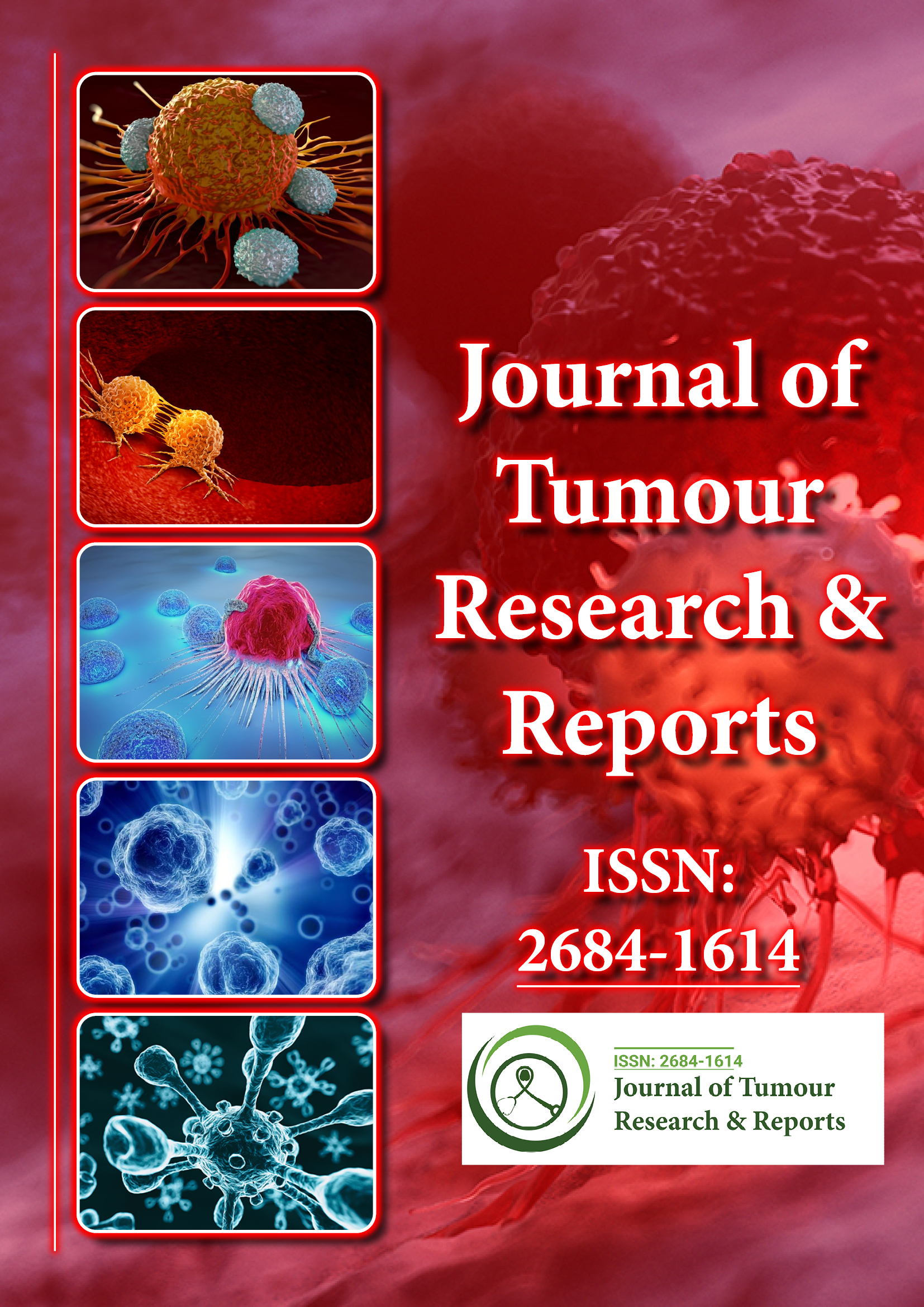Indexado em
- RefSeek
- Universidade de Hamdard
- EBSCO AZ
- Google Scholar
Links Úteis
Compartilhe esta página
Folheto de jornal

Periódicos de Acesso Aberto
- Agro e Aquicultura
- Alimentos e Nutrição
- Bioinformática e Biologia de Sistemas
- Bioquímica
- Ciência de materiais
- Ciencias ambientais
- Ciências Clínicas
- Ciências Farmacêuticas
- Ciências gerais
- Ciências Médicas
- Cuidados de enfermagem e saúde
- Engenharia
- Genética e Biologia Molecular
- Gestão de negócios
- Imunologia e Microbiologia
- Neurociência e Psicologia
- Química
Abstrato
The role of adenoviral E1A in HDACi-Dependent FoxO Regulation
Alisa Morshneva
The adenoviral early region 1A (E1A) protein is being actively studied in the context of cancer therapy due to its proapoptotic and angiogenic activity and its ability to cause chemosensitization. Previous studies demonstrate that E1A-induced chemosensitization can be mediated by Forkhead box O (FoxO) transcription factors. Hence, we explored the relationship between E1A expression and the modulation of FoxO activity with histone deacetylase inhibitors (HDACi). Particularly, we found that the basal FoxO protein level is elevated in E1A-expressing cells and that prolonged treatment of E1A-expressing cells with HDACi sodium butyrate (NaBut) results in the suppression of the FoxO expression and activity. In contrast, in E1A-negative cells, NaBut increases the transactivation ability of FoxO over time. NaBut-induced decrease of FoxO activity in E1A-expressing cells can be driven by the NaBut-dependent decrease in E1A expression level. These facts suggest that NaBut-induced suppression of FoxO in E1A-positive cells can be mitigated by E1A overexpression. By exploring the possible causes of E1A-induced stabilization of FoxO we found that the CBP/p300-binding domain of E1Aad5 is involved in FoxO stabilization. Taken together, our results reveal that E1A expression increases FoxO stability but makes the level of FoxO decreased after HDACi treatment.
Biography:
Alisa Morshneva completes her Master’s Biology program of Saint-Petersburg State University in 2020. She holds a Bachelor’s degree in Biology, Saint-Petersburg State University, 2018. In 2019 she has completed the one and half year program Bioinformatics for Biologists of Bioinformatics Institute, Saint-Petersburg. Since 2015, she has been working at Institute of Cytology of Russian Academy of Sciences as a researcher.